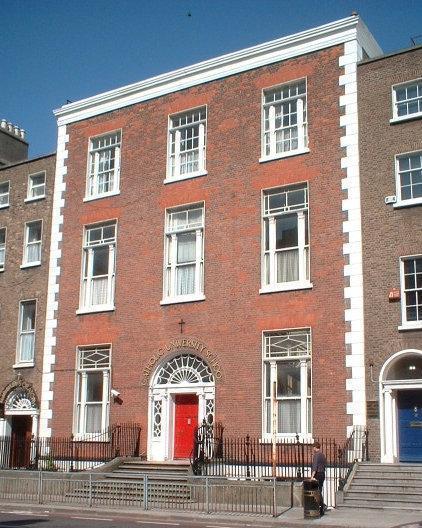
[dropcap]T[/dropcap]he University of Cambridge has admitted there is a ‘significant problem’ with sexual misconduct on campus, receiving 173 complaints since last May.
They are the first university to reveal these figures, which were recorded through an anonymous reporting tool. It also found that 119 of these reports were made against other students.
Along with this, two students filed complaints against staff members, with seven staff members filing complaints against co-workers.
Accusations of the same nature have also been discovered in University College Cork, where investigations have commenced after figures were released under the Freedom of Information Act stating that allegations were made by staff members last year.
“It is great to see that the likes of the Cambridge anonymous reports system working and that the misconduct allegations can be reported but unfortunately there is bound to be incidents that have not been reported. It is the same with the allegations in UCC. We can only hope that necessary steps will be taken by both Universities to combat and prevent any further sexual misconduct. In DCU, we are working hard to make each student feel safer and prevent sexual misconduct,” Podge Henry, Vice President of Welfare and Equality, said.
UCC have declined to comment on these allegations, but it has been confirmed that investigations are under way.
“I haven’t heard of any allegations lately, they don’t exactly advertise when things like that happen you know? They have sexual awareness posters and things that get people to be aware of looking out for each other, so nothing happens,” UCC student Helen Sweetman said.
All colleges across the country have their own systems in place for dealing with sexual misconduct before any type of formal investigation is decided upon.
“I think supporting people who have experienced sexual harassment is necessary when allegations like this are coming to light, as is ensuring fair process. It highlights the need for more protected ways of reporting misconduct, stronger policies on handling reports, and more emphasis on teaching people what sexual harassment is, consent, and preventing sexual harassment and abuse in the first place,” Isha McDonnell, chairperson of DCU’s Femsoc said.
Ellen Fitzpatrick
Image Credit: Crimson Education



